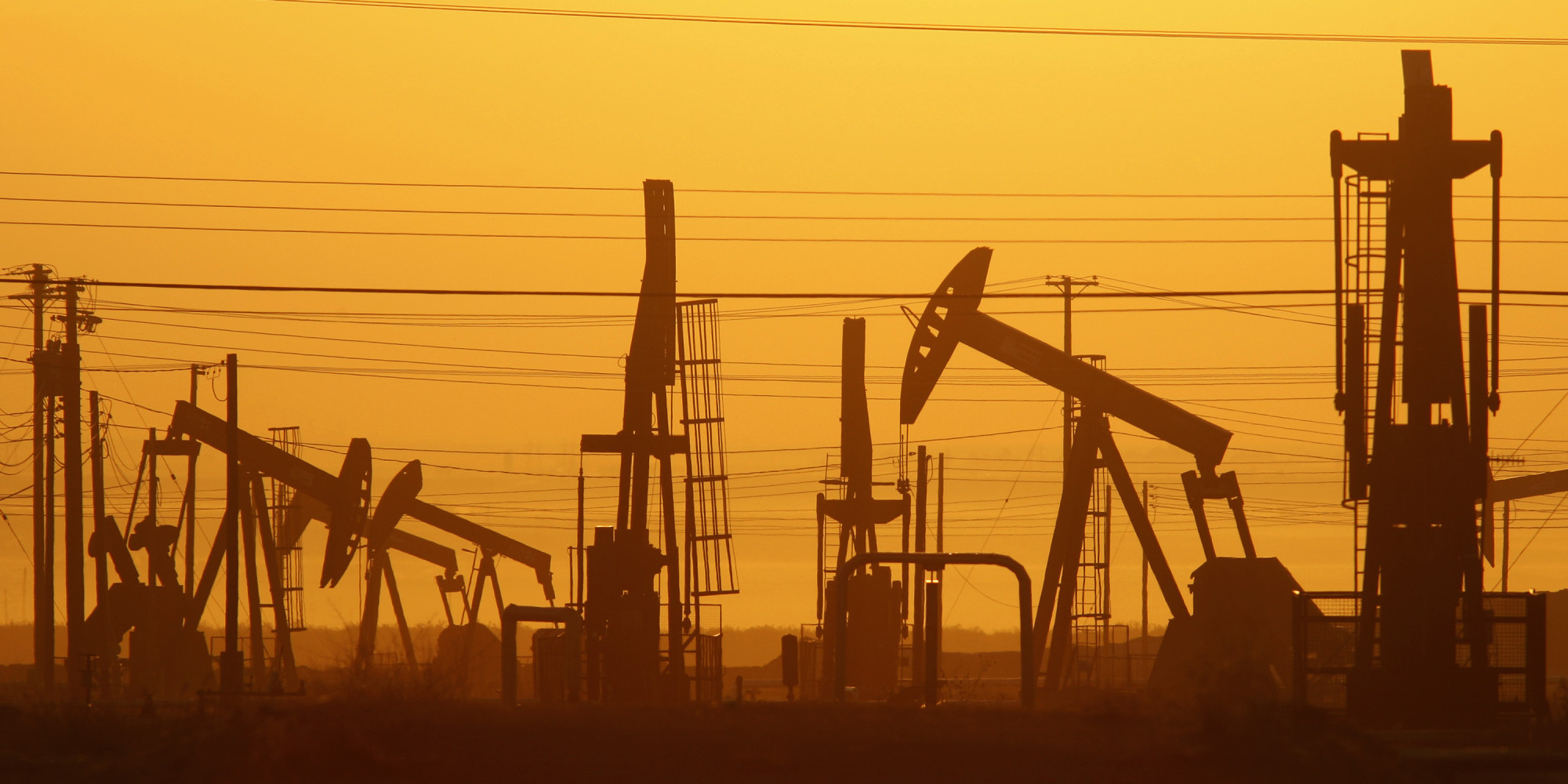- February 17, 2017
- No Comment
Environment: What’s Worse—Fracking or Traditional Oil Drilling?

Climate change is one of the most erratic and politically charged debates we humans have going. Our climate and environment will never exist in stasis. Drastic changes are inevitable, with or without our intervention. However, we can’t deny our activities have an impact. Here we explore two of the biggest king hits we’ve landed on the environment: oil drilling and fracking.
Traditional oil drilling
What’s involved in traditional oil drilling?
Oil drilling is an ancient practice, dating back to 347 CE. These early oil wells were dug in China with the use of drill bits attached to bamboo poles. Nowadays, we’ve replaced bamboo with mechanical drilling rigs capable of boring thousands of meters into the earth. As drilling progresses, casing is installed in the borehole to provide structural integrity. Increasingly smaller drill bits are used until the required depth is reached.
Exxon Mobil currently holds the record for the longest borehole at just over 12 kilometers. While it is the longest, it just misses out on being the deepest borehole on earth because it was not directed straight down.
How does oil drilling affect the environment?
Oil drilling has a massive impact on the environment. Increased traffic and noise pollution are disruptive to the patterns of native wildlife. The most obvious effect is that they are more susceptible to becoming roadkill and falling prey to oil spills. Less obvious are the long term effects on their breeding and migration habits. While these changes are more subtle, they carry species-wide ramifications. To make way for land-based oil wells, we also clear vegetation and disturb the earth’s surface. This can lead to increased erosion and weed infestation.
Air and water pollution commence on the rigs and carry right through the petroleum life-cycle with cities like Dehli existing in near permanent haze.
The immensity of its environmental impact makes it easy to criticise oil drilling. However, most of the people leveling the criticism do so while engaging in daily use of items they could never have if we didn’t drill for oil. Bicycles, guitar strings, golf bags, toilet seats and many other modern items all rely directly on the oil industry (click here for a surprising list of products made from oil). Of course, this isn’t to say we can’t still look for alternatives. After all, it is a finite resource.
Fracking
What’s involved in fracking?
In simple terms, fracking (aka hydraulic fracturing) involves the targeted cracking of deep rock formations with use of high-pressure fluid injection. This allows gas and petroleum to flow more easily into the well, making for greater yields.
It is an example of humans taking a natural process into our own hands (as we have a habit of doing) and using it repeatedly and on a large scale. While the technique has been known since the mid 20th century, it didn’t come into widespread use until after the turn of the 21st century.
How does fracking affect the environment?
Fracking causes mini earthquakes but, so far anyway, these are too small to be any kind of environmental concern. While it is of a low magnitude, this seismic activity has caused the practice to be heavily monitored in some countries and restricted altogether in others.
It is an intense process that results in air and noise pollution while using a tremendous amount of water. The gas fields encroach on farm and bush land, damaging biodiversity and, potentially contaminating the ground and waterways with gas and chemicals from the fracking fluid. Many workers in the industry and residents who live near gas fields have reported adverse health effects.
According to Mark Parnell, parliamentary leader for the Greens party in South Australia, we have seen a massive increase in coal seam gas wells in the last few years with nearly 4000 active wells in New South Wales and Queensland.
“Preliminary research tells us it will take up to 75 years for a gas site to recharge its previous groundwater volumes, but the impact of these practices on every site is different, and so a cloud really does hang over this industry and its impacts.”
The National Water Commission and the CSIRO have both reserved judgement on the long-term impact fracking is likely to have on aquifers, bushland and farmland. Concerns have been raised, however, by the National Toxics Network, regarding the chemicals that are used in fracking fluid and released into the environment by the fracking process.

Fracking vs traditional oil drilling
Fracking is a bit of a wildcard. While there is a lot of controversy surrounding the industry, we still know very little (and we’re using “know” in the scientific sense here) about its impacts. Particularly the long term effects it will have. Much of the negative press is coming from anecdotal evidence which is valid an important but also more susceptible to carrying exaggerated or misleading content. Scientific studies are being conducted but results are mixed. Global research institution, Carnegie Mellon University, found there was little difference in methane leakage between fracked and conventional gas wells. However, this is by no means a green light on the practice as methane pollution is only one of the environmental concerns surrounding the fracking industry.
The environmental issues associated with traditional oil drilling are more of a known quantity. Millions of litres have been spilled into our oceans over the years and we’ve all seen the dismal images of animals blackened with oil. However, the oil industry is also at the heart of every modern convenience we know, making it equally difficult (though for entirely different reasons) to come to a definitive decision on its worth.






